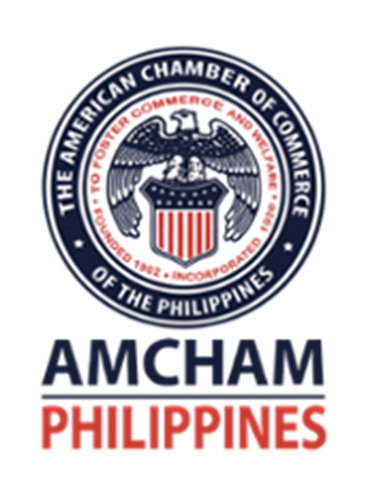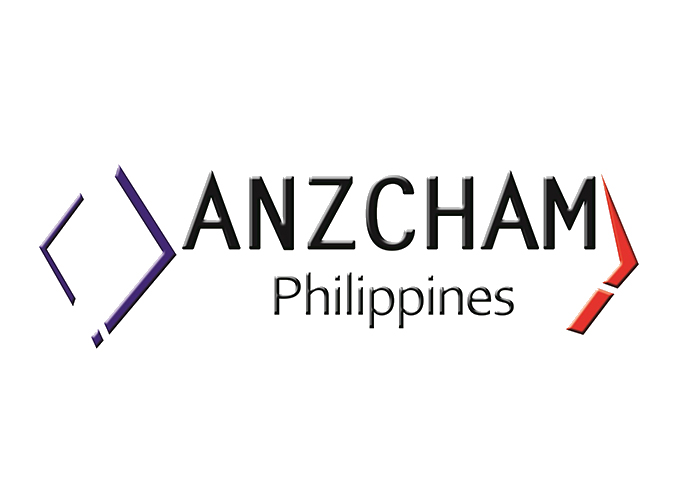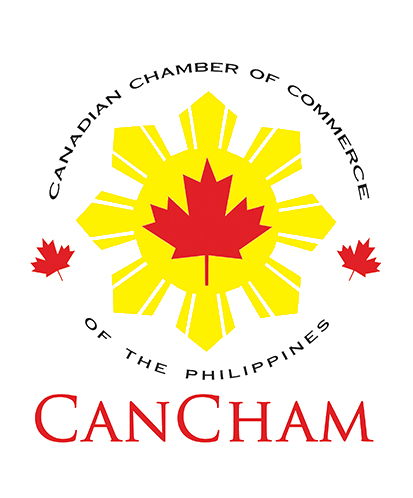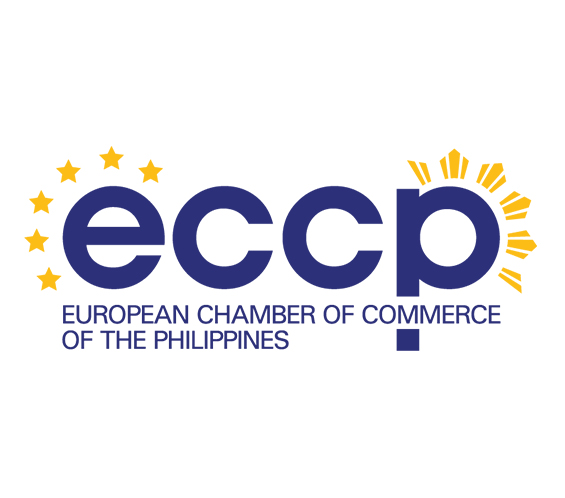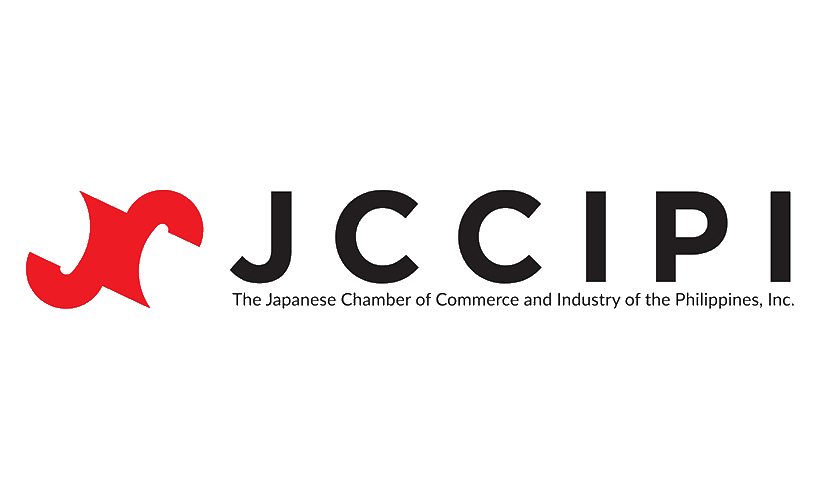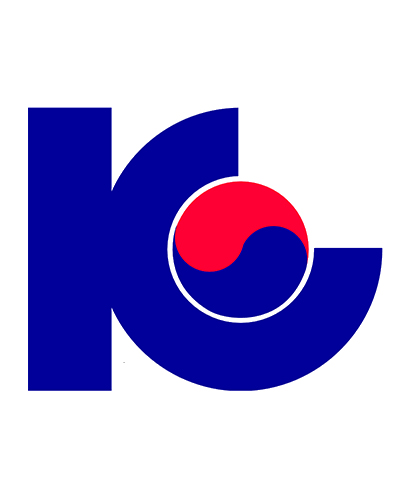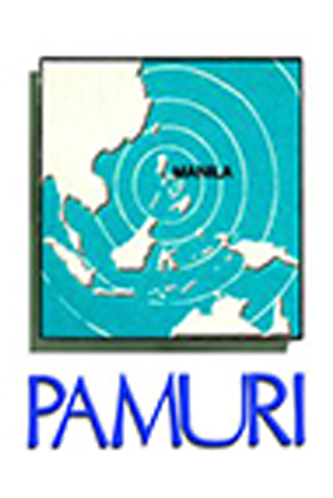Getting competitive
October 6, 2015 at 15:15
Getting competitive
12:12 AM October 3rd, 2015
Commendation is in order for the Aquino administration’s efforts to make the Philippines a place conducive to do business in. The Global Competitiveness Index 2015-2016 of the World Economic Forum (WEF) showed the Philippines jumping five notches to rank 47th among 140 economies assessed every year. It scored high for its favorable macroeconomic environment, capacity for innovation and business sophistication.
The improvement in the Philippines’ competitiveness ranking is not a one-off thing. It has, in fact, been happening every year. From 85th in 2010-2011, the Philippines improved to 75th the following year, to 65th in 2012-2013, 59th the next year and 52nd in 2014-2015—a 38-country jump in five years. This is one big achievement for the Aquino administration, as it hit its goal of putting the country in the top third of the competitiveness rankings a year ahead of its target.
This development has inspired the National Competitiveness Council (NCC) to set a more ambitious target of hitting the top 20 percent in the global competitiveness rankings in five years. But that’s a difficult task considering that the conduciveness of the Philippines’ business environment remains hampered by certain “problematic factors.” In its latest competitiveness report, the WEF identified these as the inefficient government bureaucracy, inadequate infrastructure, corruption, complexity of tax regulations and high tax rates. The other factors that posed hurdles for businesses to flourish were policy instability and restrictive labor regulations.
NCC cochair for the private sector Guillermo Luz admitted that the next jump to the top 20 percent would be tough, and that this would be possible only if the next administration sustains the reforms implemented by the Aquino administration. Luz pointed out that the Philippines’ performance over the next several years would “absolutely” depend on the next administration, and that leadership and teamwork would matter: “If the next administration has poor leadership and no teamwork, then you’ll see the numbers begin to drop because obviously the other countries are also getting more organized.”
Over the next several years, Luz’s advice is for the government to continue improvements, particularly in infrastructure development, higher education and training, technology readiness, and anything that puts importance on science, technology and innovation as well as research and development. The government should also continue to institute measures to reduce red tape and streamline regulatory procedures. The Makati Business Club likewise suggested the nationwide implementation of an NCC initiative to reduce the number of steps to establish a business and more intensified efforts to implement critical infrastructure projects.
Indeed, the Philippines has a long way to go. Compared to its neighbors in the Association of Southeast Asian Nations, it had the fifth highest ranking in the WEF Global Competitiveness Index after Singapore, which placed second; Malaysia 18th; Thailand 32nd; and Indonesia 37th. Vietnam was behind at 56th.
Reaching the top 20 percent of the competitiveness rankings means the Philippines should be at 30th or higher. From the current 47th, can it move up another 17 slots in the next five years? It has jumped 38 places in the past five years, and while it will be harder to overtake the next 17 as the countries ahead of it now are better and tougher, the NCC’s Luz believes that it can be done if all stakeholders concentrate on the target and work hard. The administration that will take over in 2016 will be largely instrumental in the Philippines’ achievement of this feat.
Source: www.opinion.inquirer.net






















